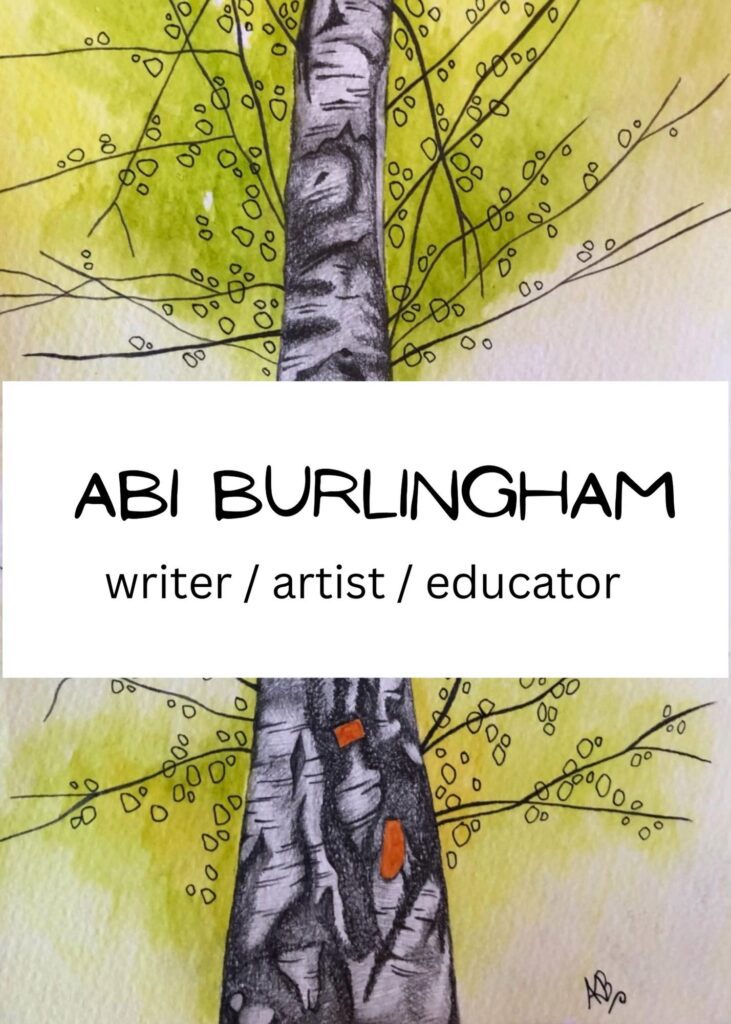Stilling the mind
 I sat in my car the other day – one of those school run moments, waiting to pick up my son, and sometimes the first time in the day when I get time to just sit – and I thought ~ I just want my head to be still, to stop chattering and looping and turning things over… I just want some space.
I sat in my car the other day – one of those school run moments, waiting to pick up my son, and sometimes the first time in the day when I get time to just sit – and I thought ~ I just want my head to be still, to stop chattering and looping and turning things over… I just want some space.
When I got home, there was a package in the letter box. It was a book I had ordered having read a blog recommendation about it from another writer. The writer (apologies… I can’t remember who it was) had said something to the effect of… if you read one book about writing, read this. Enough said! I ordered it.
As a rule, I don’t do books about writing. I think to learn how to write you must write and you must read, you must experience things, observe, listen, remember and feel, you must live – these things will furnish you with enough. But, after many years of writing, I thought ~ why not? When I pulled the book from the envelope and read the back, the following words hit me:
‘Brande (taught) students how to see again, how to hold their minds still, how to call forth the inner writer.’
I had one of those hairs on the back of the neck moments… how odd, how apt.
 The book is ‘Becoming a Writer’ by Dorothea Brande, published originally in 1934 (this version, 1981). I read the first third of the book in one sitting, and then put it aside, as she suggests, to do the exercises that she gives you… not written exercises, but exercises in thinking. What jumped out at me most is that becoming a writer doesn’t happen before you begin, but happens during the journey. I have written for over 30 years, and I am now reading a book entitled ‘Becoming a Writer’! Doesn’t that seem a little odd? But had I read it before now, would it have made sense to me? Would I have really appreciated its intentions and sentiments? No, I wouldn’t. Having read the first third and completed the first exercise, which involves using ‘the fiction maker’s eye on yourself’, I sat down to write a new novel and, from somewhere, pulled out a title, two main characters and 1,500 words – my mind, indeed, had been stilled, and inspired, enough, to allow this to happen.
The book is ‘Becoming a Writer’ by Dorothea Brande, published originally in 1934 (this version, 1981). I read the first third of the book in one sitting, and then put it aside, as she suggests, to do the exercises that she gives you… not written exercises, but exercises in thinking. What jumped out at me most is that becoming a writer doesn’t happen before you begin, but happens during the journey. I have written for over 30 years, and I am now reading a book entitled ‘Becoming a Writer’! Doesn’t that seem a little odd? But had I read it before now, would it have made sense to me? Would I have really appreciated its intentions and sentiments? No, I wouldn’t. Having read the first third and completed the first exercise, which involves using ‘the fiction maker’s eye on yourself’, I sat down to write a new novel and, from somewhere, pulled out a title, two main characters and 1,500 words – my mind, indeed, had been stilled, and inspired, enough, to allow this to happen.
There is so much to say about this book, about the author’s sentiments and insight, that it is difficult to know where to start. So I shall give you a few titbits that I hope will get you thinking:
‘As soon as possible he must learn to trust his own feeling for the story, and to relax in the telling, until he has learned to use the sure, deft stroke of the man who is master of his medium.’
‘The author of genius does keep until his last breath the spontaneity, the ready sensitiveness, of a child, the “innocence of eye” that means so much to the painter, the ability to respond freshly and quickly to new scenes, and to old scenes as though they were new…’
‘Because of the tendency of the unconscious to see things in types, it is the unconscious, in the long run, which dictates the form of the story.’
And so it goes on… full of these enlightened insights that take your mind to another place entirely and that seem to hit at the root of what writing, of what creating story, is really all about. You can find this treasure on Amazon here. Go buy it!
Have you read, and can you recommend, any books on writing that have really helped you as a writer?

Leave a Reply